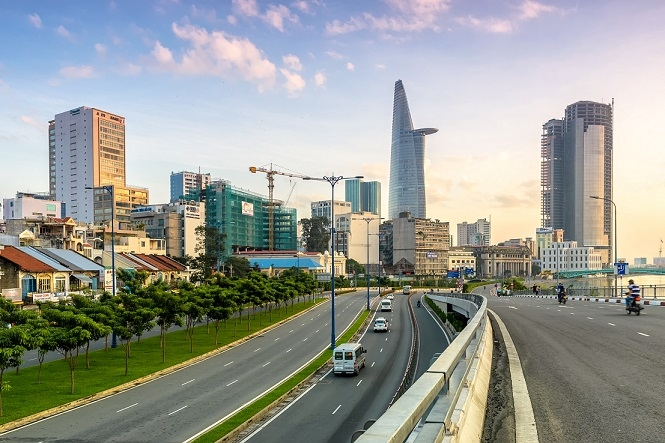
Singapore's headline CPI up in June; no further monetary tightening in October: JP Morgan
Trade conflicts and rising oil prices aren't helping.
Singapore’s headline inflation jumped 0.6% in June, reflecting offsetting price movements. Private road transport prices slipped 0.5% MoM on lower Certificate of Entitlement (COE) premiums but accommodation costs unchanged after lower rents offset an increase in government housing charges (S&CC; Service and Conservancy Charges).
Core prices, which exclude these two categories, rose on firmer food (+0.3%) and services prices including education (+0.2%) and recreation costs (+0.6%). The latter’s firm gain likely reflected a seasonal rise in travel costs.
JP Morgan economist Benjamin Shatil commented that the June core inflation print continues to affirm the broader trend of a contained rise in core inflation to between 1.7% and 2% through 2H2018, in line with the JP Morgan forecast and consistent with its expectation for no further monetary tightening at the October policy review.
“In this context, indicators continue to suggest a gradual tightening of labour market conditions and firming in the real estate market, consistent with a moderate rise in core price pressures,” he said.
“That said, our baseline forecast does not incorporate any drags on growth or negative spillovers to employment from a disruptive escalation in trade tensions, which remains the key downside risk into 2H2018,” Shatil added.
Meanwhile, UOB economist Francis Tan noted that the Monetary Authority of Singapore (MAS) reiterated that “imported inflation is likely to rise mildly” and said that “global oil prices have rallied since the start of 2018 and are expected to average higher for the full year as compared to 2017”.
“What this means is that with Brent crude oil prices moving higher, the risk is biased towards higher, rather than lower, inflationary environment in Singapore in the months ahead,” Tan said.
Cost-pushed type of inflation (rather than a demand-pulled type of inflation) due to higher international oil prices will only mean lower purchasing power for Singaporeans, the economist noted. “That said, although crude oil prices are higher this year compared to last year, we do not expect it to be substantially higher as it will likely trend in the US$70-80 range over the next four quarters,” he added.
“With inflation expectations remaining stable and on-going trade tensions potentially slowing down global economic growth in the months ahead, we believe that this will provide support for the central bank to maintain the current monetary policy stance of a “slight increase in the slope of the S$NEER policy band” (which was last implemented from a zero percentage slope in April this year) in their next policy meeting in October 2018,” Tan concluded.
























 Advertise
Advertise









